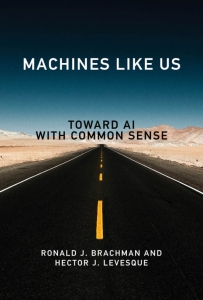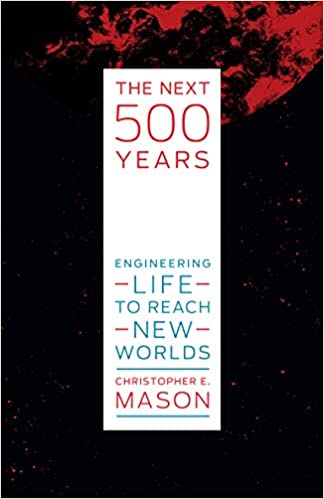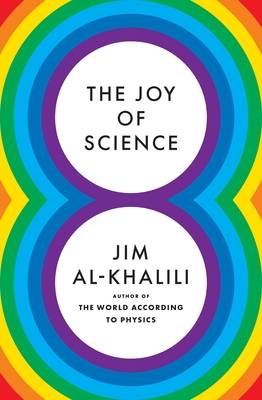“Machines like Us: TOWARD AI WITH COMMON SENSE” with Professor Ronald Brachman
There is a consensus among the researchers in the field of artificial intelligence and machine learning that today’s artificial intelligence systems are narrowly focused, are designed to tackle specialised tasks and cannot operate in general settings. An important feature of the human brain that enables us to operate in general settings, and in unfamiliar situations is our common sense. In their new book “Machines like Us:
TOWARD AI WITH COMMON SENSE” Hector Levesque and Ronald Brachman explain “why current AI systems hopelessly lack common sense, why they desperately need it, and how they can get it”. In this episode of Bridging the Gaps, I speak with Professor Ronald Brachman, one of the authors of this book. We discuss various topics covered in the book and explore the question, how we can create artificial intelligence with broad, robust common sense rather than narrow, specialised expertise.
Professor Ron Brachman is the director of the Jacobs Technion-Cornell Institute and is a professor of computer science at Cornell University. Previously, he was the Chief Scientist of Yahoo! and head of Yahoo! Labs. Prior to that, he was the Associate Head of Yahoo! Labs and Head of Worldwide Labs and Research Operations.
We start off with a detailed discussion about the progress that we have made in recent decades, in developing narrowly focused and task oriented artificial intelligence systems. Some of these systems outperform humans; however we do acknowledge and discuss the need for developing artificial intelligence systems that can operate in general settings. We discuss the concept of artificial general intelligence and explore how understanding “human common sense” and equipping AI with common sense is an extremely important milestone in our journey toward developing artificial general intelligence. We discuss the challenge of developing a clear and thorough understanding of the nature and working of human common sense. We explore how “common sense” might be modelled and incorporated in future artificial intelligence systems. We then discuss the future of artificial general intelligence.
Complement this discussion with Artificial Intelligence: A Guide for Thinking Humans” with Professor Melanie Mitchell and with Artificial Intelligence: Fascinating Opportunities and Emerging Challenges with Professor Bart Selman and then listen to 2062: The World That AI Made” with Professor Toby Walsh




Connect With Us